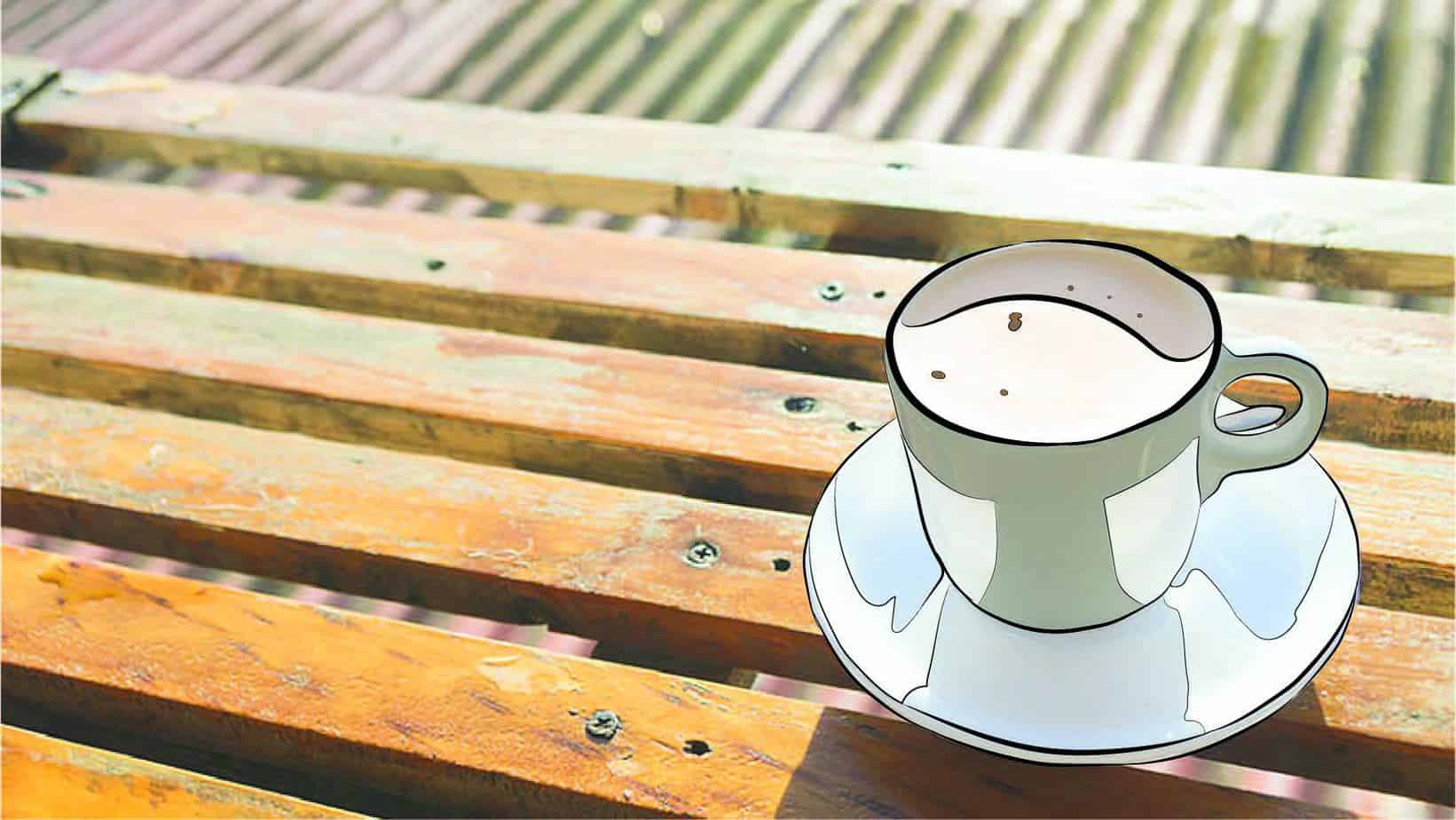
Do you rely on a cup of coffee to kick-start your brain in the morning? If yes, you’re not alone. American coffee consumption continues to rise as the coffee business booms. While you may find it hard to imagine life without the help of caffeine throughout the day, a caffeine detox might just leave you feeling better than you have in years.
How Does a Caffeine Detox Improve Your Health?
Eliminating caffeine from your diet offers eight key benefits. Specifically, it can help you:
1. Reduce Your Anxiety
In exchange for giving you an energy boost, caffeine can increase the anxiety you feel because it activates your fight-or-flight response. Research shows heavy caffeine consumption can lead to higher levels of anxiety and depression. People already prone to anxiety or high stress levels often feel the effects of caffeine more acutely. When you reduce or eliminate your caffeine intake, you may find your stress levels drop as well.
2. Sleep Better
The energy boost caffeine provides can seriously impact the quality of your sleep. In fact, one study found an association between regular caffeine use and increased daytime drowsiness. Caffeine consumption can, therefore, create a vicious cycle. When you cut caffeine out of your life, you may find your quality of sleep improves and you have more natural energy during the day. You may even find it easier to fall asleep at night.
3. Improve Your Teeth
Coffee and tea both contain tannins, which can stain and discolor your teeth. Even if you brush your teeth regularly, you’re probably fighting a losing battle on that front. When you cut caffeinated beverages out of your diet, your pearly whites can start to shine again.
4. Lose Weight
This one is for the habitual soda drinkers out there. Soft drinks and energy drinks already contain a ton of extra sugar and additives. When those beverages also include caffeine, you’re more likely to drink even more of them. One 16-ounce bottle of Coca-Cola® contains approximately 187 calories. If you drink one bottle every day for a year, you’ll end up ingesting 68,255 sugary calories. That’s from just one bottle per day, but soda’s caffeine encourages you to drink more than just one.
5. Lower Your Blood Pressure
If you already struggle with borderline or high blood pressure, caffeine may raise your blood pressure. If you don’t drink caffeine regularly, it can produce a stronger effect on your blood pressure that may last for several hours after consumption. Plus, when you consume caffeine in high amounts, it can increase your risk of a heart attack.
6. Absorb More Nutrients
One of caffeine’s lesser-known side effects is that it can stop your body from properly absorbing all of the nutrients in the food you eat. One study found that drinking an instant coffee with a meal can reduce iron absorption by 60 percent to 90 percent. Regular coffee drinkers also may have lower amounts of circulating Vitamin B in their systems as a result of their caffeine intake. A caffeine detox can help your body reclaim as much nutritional value as possible from your meals.
7. Reduce Chronic Headaches
If you drink coffee regularly, even missing your morning cup can cause you to develop caffeine withdrawal’s best-known symptom: headaches. But that’s not necessarily the only type of headache you can develop when you rely on caffeine. Research shows an association between regular caffeine use and a higher risk of chronic headaches of varying types. Once you wean your body off caffeine, you may find yourself thinking more clearly — with fewer painful interludes.
8. Make Caffeine More Effective (When You Need It Most)
Detoxing from caffeine doesn’t mean you can never consume it again. In fact, when you successfully complete a caffeine detox, you’ll likely find a single cup of coffee gives you a better energy boost than it did during years of regular use. This happens because the human body quickly acclimates to regular caffeine ingestion, requiring larger and larger amounts to create the same buzz. Once you detox, you’ll need less caffeine on the occasions when you really need that boost.
Symptoms of Caffeine Withdrawal
Depending on how heavily you rely on caffeine to help you through your day, withdrawal symptoms may start as early as 24 hours after you skip your first cup of coffee. Moreover, those symptoms can last for up to a week. If you’re serious about your detox, you need to power through. If your withdrawal symptoms grow so intense that you end up having a coffee or sipping a soda, that just helps to confirm your body’s addiction.
Some common symptoms you may encounter as you conduct a caffeine detox include:
- Headaches
- Fatigue
- Sleepiness
- Trouble concentrating
- Irritability
Tips for a Successful Caffeine Detox
While managing caffeine withdrawal symptoms may prove challenging, these three tips can help you successfully complete a detox:
- Don’t Go Cold Turkey. Experts say the best way to tackle your detox is to wean yourself off caffeine by decreasing the amount you consume each day rather than stopping all at once. This not only helps mitigate the effects of caffeine withdrawal, but also helps you form a habit you can maintain if you decide to remain caffeine-free.
- Stay Hydrated. Even outside of a detox, this is one of the best tips for keeping yourself healthy. When you cut down on caffeine, drinking lots of water can help lower your risk of developing headaches as a withdrawal symptom.
- Keep Pain Relievers Handy. If your coffee consumption started years ago, you’ve probably encountered the dreaded caffeine-withdrawal headache before. If you plan to detox from a cup-a-day habit, you might not feel much discomfort. However, heavy caffeine users may experience terrible headaches. Pick up some over-the-counter pain medication or your favorite natural remedy in preparation.